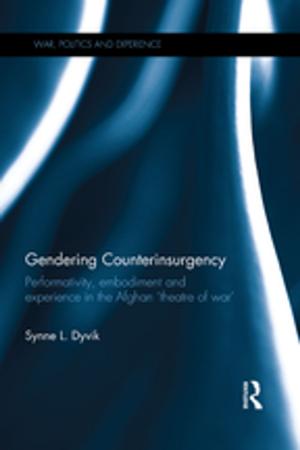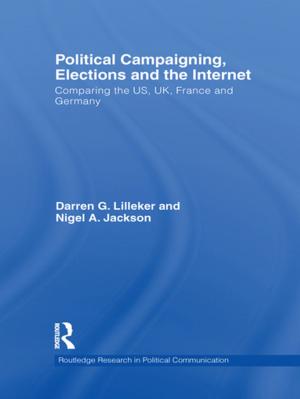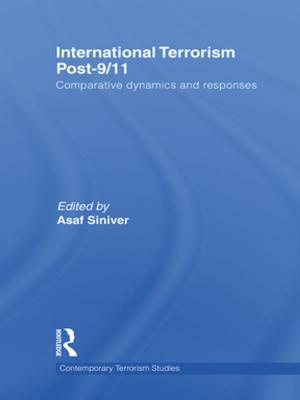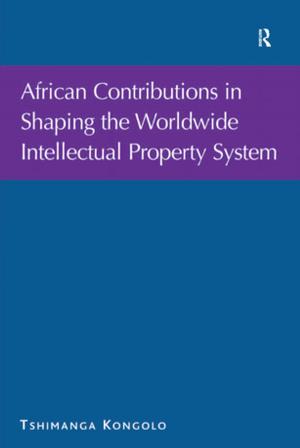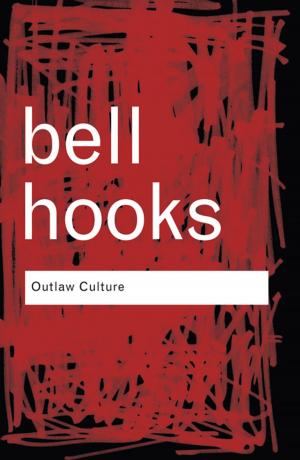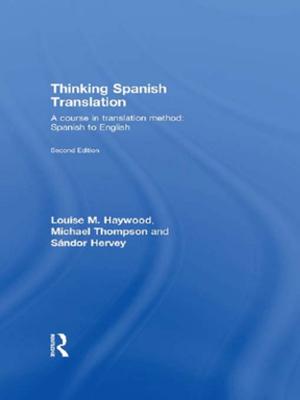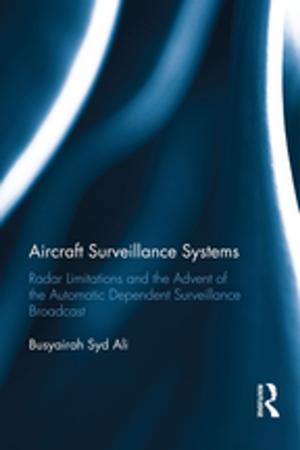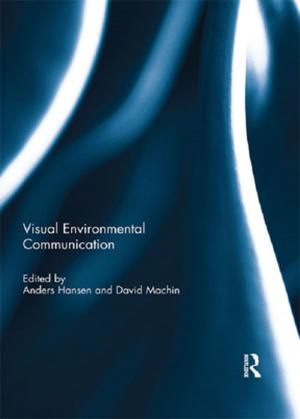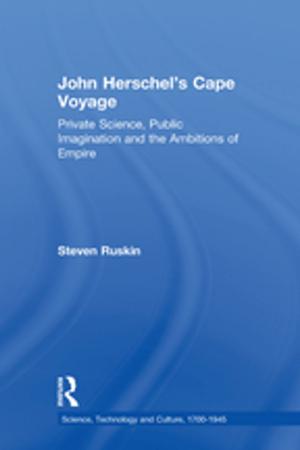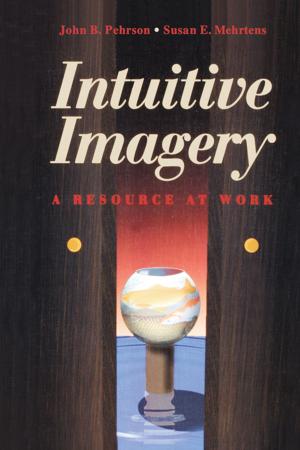Conservative Christian Politics in Russia and the United States
Dreaming of Christian nations
Nonfiction, Social & Cultural Studies, Political Science, International, International Relations| Author: | John Anderson | ISBN: | 9781317606628 |
| Publisher: | Taylor and Francis | Publication: | September 19, 2014 |
| Imprint: | Routledge | Language: | English |
| Author: | John Anderson |
| ISBN: | 9781317606628 |
| Publisher: | Taylor and Francis |
| Publication: | September 19, 2014 |
| Imprint: | Routledge |
| Language: | English |
This book explores the politics of conservative Christian churches and social movements in Russia and the United States, focusing on their similar concerns but very different modes of political engagement.
Whilst secularisation continues to chip away at religious adherence and practice in Europe, religion is often, quite rightly, seen as an influential force in the politics of the United States, and, more questionably, as a significant influence in contemporary Russia. This book looks at the broad social movement making up the US Christian Right and the profoundly hierarchical leadership of the Russian Orthodox Church as socially conservative actors, and some of the ways they have engaged in contemporary politics. Both are seeking to halt the perceived drift towards a more secular political order; both face significant challenges in handling the consequences of secularism, pluralism and liberal individualism; and both believe that their nations can only be great if they remain true to their religious heritage. In exploring their experience, the book focuses on shared and different elements in their diagnosis of what is wrong with their societies and how this affects their policy intervention over issues such as religious and ethnic belonging, sexual orientation and education.
Drawing on political, sociological and religious studies, this work will be a useful reference for students and scholars of religion and politics, Russian politics and American politics.
This book explores the politics of conservative Christian churches and social movements in Russia and the United States, focusing on their similar concerns but very different modes of political engagement.
Whilst secularisation continues to chip away at religious adherence and practice in Europe, religion is often, quite rightly, seen as an influential force in the politics of the United States, and, more questionably, as a significant influence in contemporary Russia. This book looks at the broad social movement making up the US Christian Right and the profoundly hierarchical leadership of the Russian Orthodox Church as socially conservative actors, and some of the ways they have engaged in contemporary politics. Both are seeking to halt the perceived drift towards a more secular political order; both face significant challenges in handling the consequences of secularism, pluralism and liberal individualism; and both believe that their nations can only be great if they remain true to their religious heritage. In exploring their experience, the book focuses on shared and different elements in their diagnosis of what is wrong with their societies and how this affects their policy intervention over issues such as religious and ethnic belonging, sexual orientation and education.
Drawing on political, sociological and religious studies, this work will be a useful reference for students and scholars of religion and politics, Russian politics and American politics.


